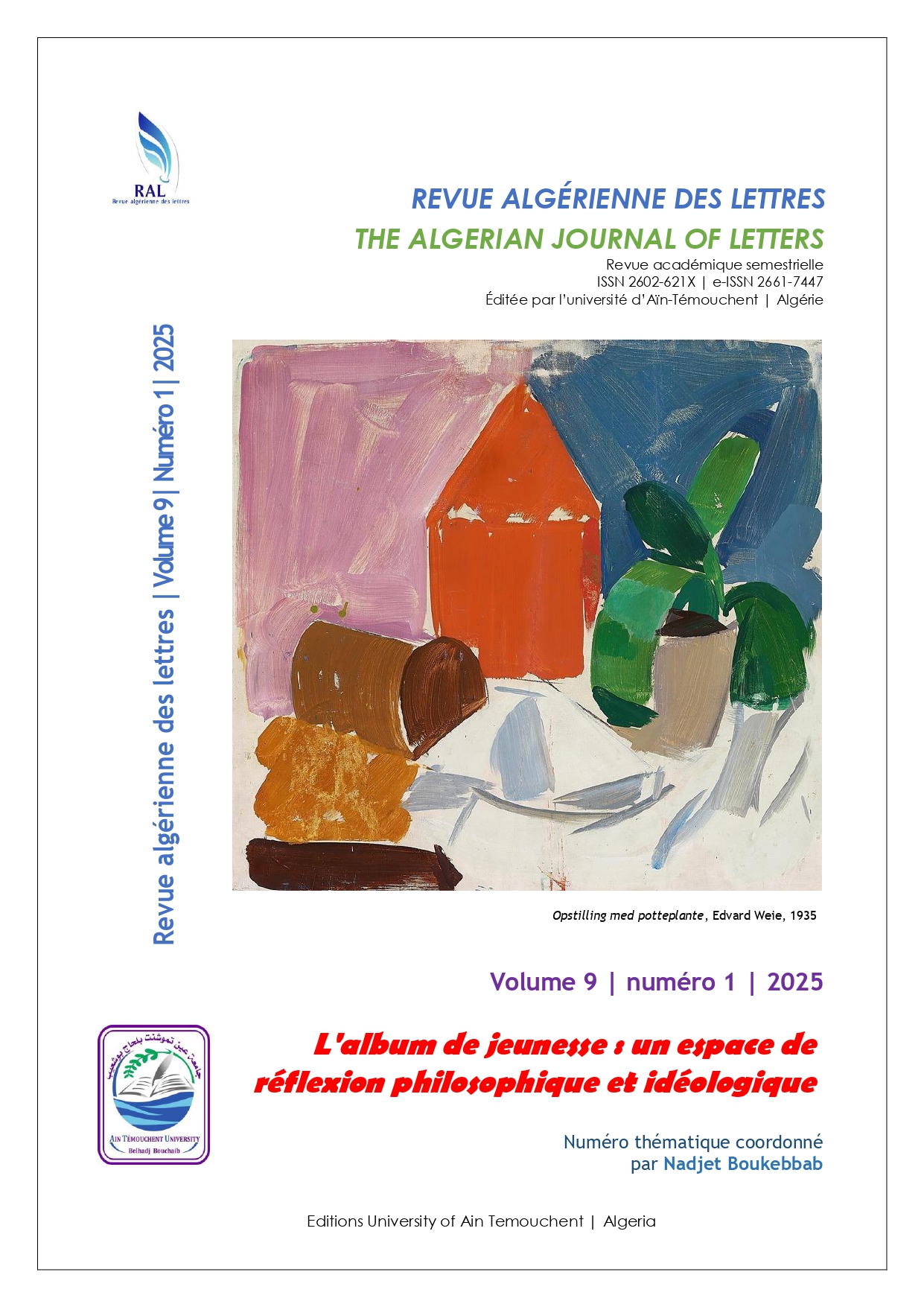Orient salvateur et auto-pathographie dans le récit de voyage
Salvific Orient and Self-Pathography in the Travel Narrative
Keywords:
Auto-pathography, synchronicity, esotericism, East/West, mythical othernessAbstract
This article aims to examine the dynamics of travel writing and its connection with self-narrative to demonstrate the relationship between the reality of narrative and its fictional and creative dimension. In this form of travel-related writing, truth can be read behind the myth. The author embarks on a quest for identity that combines other real and fabulous existences through a space that is at once exotic, mythical, and esoteric. Voyage en Orient by Gérard de Nerval is the emblematic work of a truth sought and found in lsewhere and otherness. It is also the expression of Orientalism and dark romanticism by a writer whose genuine bouts of madness have, strangely, fueled the writing of a shattered “self” finding uniqueness in gnosis, which constitutes a source of inspiration of great depth. This journey to the Orient, which is read under the auspices of a manifest pathology, is undertaken with the aim of rediscovering the integrity of the pirit. This experience of elsewhere, where personal expression, that of otherness, auto-pathography and Gnosticism are combined, remains the most significant work of the quest for self and meaning in travel literature
Downloads
Downloads
Published
How to Cite
Issue
Section
License

This work is licensed under a Creative Commons Attribution 4.0 International License.
Authors of articles published in THE ALGERIAN JOURNAL OF LETTERS (REVUE ALGERIENNE DES LETTRES) retain the copyright of their articles and are free to reproduce and disseminate their work.
All open-access articles are distributed under the terms of the Creative Commons Attribution- 4.0 International License, which permits unrestricted use, distribution, and reproduction in any medium, provided that the original work is properly cited.

 Français (France)
Français (France)
 English
English







